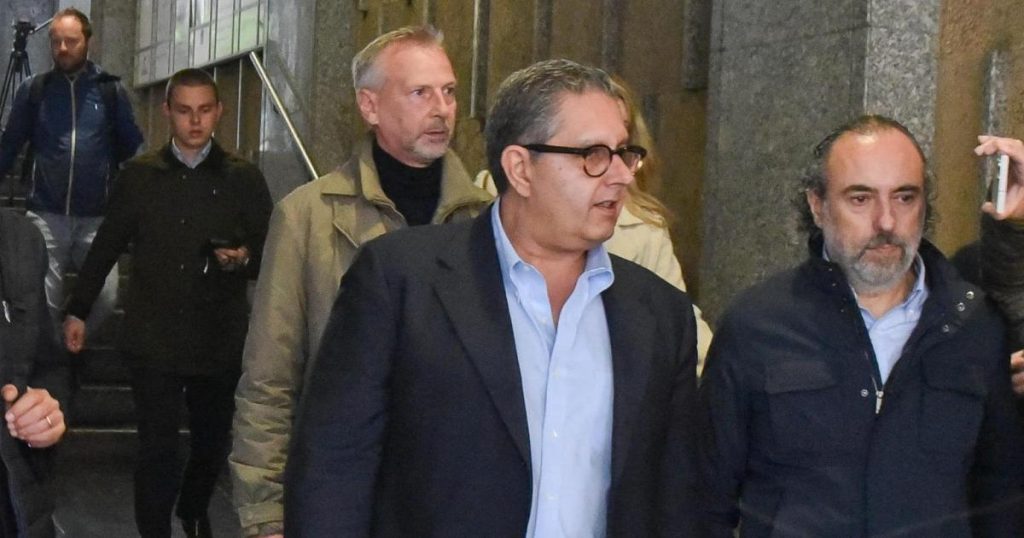A month before the European elections, a judicial earthquake rocks Genoa and Liguria: the president of the Region, Giovanni Toti, is accused of corruption and placed under house arrest. The investigation involves 25 people, including Toti’s chief of staff Matteo Cozzani and local businessmen. The accusations are detailed in a 600-page document issued by the judge. The investigation also seized €220,000 in cash and foreign currency from one of the businessmen, Aldo Spinelli. The probe focuses on possible illegal financing of Toti’s electoral campaign by various entrepreneurs in the logistics and transport sector.
The investigation also revealed allegations of corruption involving other businessmen who may have financed Toti’s campaign. Paolo Emilio Signorini, the former president of the port authority, is also implicated and has been detained. The probe originated from a separate investigation in La Spezia, which led to several arrests, including Cozzani, who was mayor of Portovenere at the time. The case also involves connections with the Cammarata mafia clan, who allegedly secured votes for Toti in exchange for favors. Other allegations include a regional councilor soliciting votes from a deceased ‘ndrangheta member in exchange for business opportunities.
The judge accuses Toti of abusing his position for reelection by accepting financial contributions from businessmen in exchange for favors. The investigation reveals a pattern of soliciting funds for Toti’s campaign, including requests for money made to prominent individuals. The probe uncovered numerous instances where Toti allegedly leveraged his position for personal gain, with intercepted conversations revealing promises of favorable treatment in exchange for financial support. The investigation also implicates some businessmen in engaging in illegal activities to support Toti’s campaign, including offering bribes and other incentives.
Following the revelations, the secretary of the Democratic Party, Elly Schlein, called for Toti’s resignation, citing the gravity of the accusations. Schlein emphasized the need for accountability and integrity in government, especially when corruption allegations involve senior officials. She criticized the inconsistent responses to corruption probes, noting the importance of maintaining ethical standards and principles in public office. Schlein’s comments reflect the growing concern over the allegations and the impact on public trust in political institutions.
The unfolding scandal has sent shockwaves through the political landscape of Liguria, prompting questions about the future of governance in the region. The involvement of high-ranking officials and prominent businessmen in corrupt activities has raised concerns about the integrity of the political system. The investigation’s focus on illegal financing and abuse of power has exposed the vulnerabilities of the political establishment and the need for greater transparency and accountability. As the case unfolds, the repercussions are likely to impact public perception and confidence in elected leaders and institutions.
The arrest of Giovanni Toti and other individuals implicated in the corruption probe underscores the challenges facing Italian politics and the urgent need for reform. The allegations of abuse of power, illegal financing, and ties to organized crime highlight the pervasive nature of corruption in the country’s political landscape. The fallout from the investigation is likely to have far-reaching consequences for the region and beyond, emphasizing the importance of upholding ethical standards and integrity in public office. As the legal proceedings unfold, the focus will be on achieving justice, accountability, and restoring public trust in governance.















